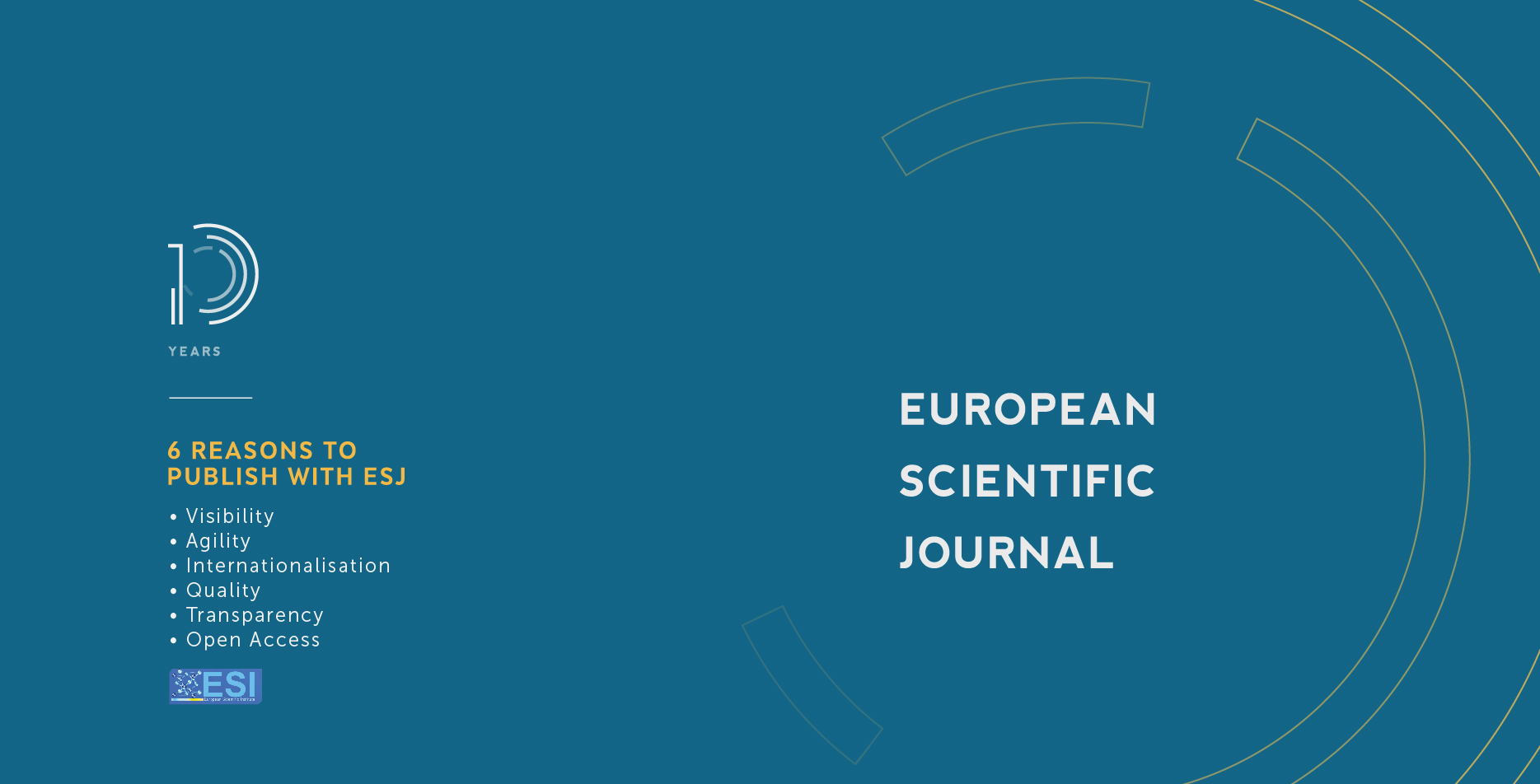Contribution to the Diagnostic Study of Intestinal Parasitosis, Haiti
Abstract
Parasitic intestinal diseases are widespread in the world with a higher prevalence in developing countries. They are generally a serious public health problem in tropical countries. In October 2020, a cross-sectional study was undertaken to determine the prevalence of intestinal parasites in patients visiting Fermathe Hospital in Haiti. Data were collected on stool results with the presence of parasites and we used systematic sampling for further information regarding patients with parasitology problems. A summary field survey was also carried out in the surrounding areas with more cases recorded such as Corail, Calbasse, Fort Jacques, Center / Marché Kenscoff, Doco, and Douret for direct observations of the inventory and voluntary interviews with the residents of the area on hygiene practices. The prevalence of intestinal parasites was 31.26% and the most common species were: Endolimax nana (39.13%), followed by Blastocystis hominis (14%), Blastocystis hominis / Giardia intestinales (12.07%), Entamoeba coli (5.31%), and others like Iodamoeba butschlii, Ascaris lumbricoides or combined parasites were less than 5%. The field survey revealed a strong relationship between parasitosis and drinking water, parasitosis, and place of defecation. Although there are health centers in the area, many people use self-medication or empiric therapy. The study highlights the important causes of gastrointestinal disorders that present themselves in this hospital and confirms intestinal parasitosis as a major public health problem in Haiti.
Downloads
PlumX Statistics
Copyright (c) 2021 Daphnee Michel, Lucainson Raymond, Ammcise Apply, Daphenide Daphenide St Louis, Ketty Balthazard-Accou, Max Francois Millien, Evens Emmanuel

This work is licensed under a Creative Commons Attribution-NonCommercial-NoDerivatives 4.0 International License.








